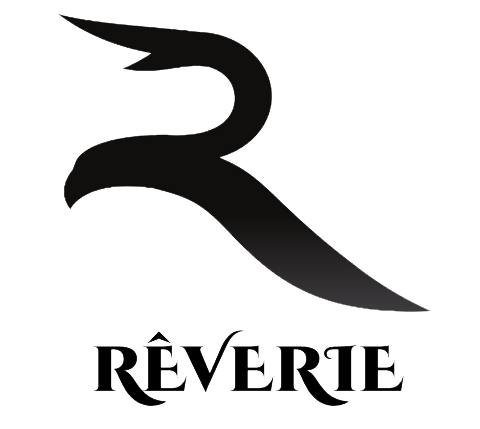The Refinement of Google Search: From Keywords to AI-Powered Answers
From its 1998 unveiling, Google Search has evolved from a rudimentary keyword scanner into a responsive, AI-driven answer engine. In the beginning, Google’s innovation was PageRank, which prioritized pages through the value and volume of inbound links. This steered the web from keyword stuffing into content that secured trust and citations.
As the internet enlarged and mobile devices expanded, search actions altered. Google introduced universal search to incorporate results (news, photographs, playbacks) and afterwards spotlighted mobile-first indexing to display how people authentically browse. Voice queries through Google Now and afterwards Google Assistant prompted the system to interpret casual, context-rich questions as opposed to pithy keyword strings.
The further step was machine learning. With RankBrain, Google launched reading earlier unencountered queries and user intent. BERT elevated this by grasping the fine points of natural language—relationship words, setting, and links between words—so results more reliably answered what people signified, not just what they wrote. MUM enhanced understanding through languages and dimensions, allowing the engine to join relevant ideas and media types in more intricate ways.
Now, generative AI is redefining the results page. Experiments like AI Overviews consolidate information from multiple sources to present concise, relevant answers, typically accompanied by citations and actionable suggestions. This lessens the need to open repeated links to build an understanding, while at the same time channeling users to more in-depth resources when they need to explore.
For users, this development means more rapid, more exact answers. For contributors and businesses, it values completeness, individuality, and precision more than shortcuts. Moving forward, envision search to become ever more multimodal—frictionlessly unifying text, images, and video—and more personalized, accommodating to selections and tasks. The journey from keywords to AI-powered answers is in essence about altering search from uncovering pages to accomplishing tasks.
